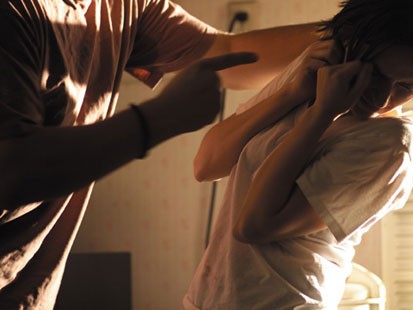“In Europe, 20 to 25% of women have suffered physical abuse at least once in their lifetime. Every day, in the EU, one women out of five is a victim of some form of abuse”, either physical (beaten), sexual or psychological. “95% of such abuse takes place at home, within the family”. “The high rates of abuse committed by ex partners show that women are not appropriately protected, even when they manage to end a violent relationship”. These are some of the findings of the survey called “Let’s shed light on violence” submitted to the European Parliament on the occasion of the World Day against the Abuse of Women. The president of the Parliamentary Commission for Equal Opportunities, Eva-Britt Svensson, and the deputy president of the Assembly, Roberta Angelilli, promoted the submission of the survey, which will be followed by a discussion from the floor about the topic and the voting of a resolution. The survey (which, according to its authors, is undermined by the poor availability of certain and comparable figures for all of Europe) shows the consequences of different forms of abuse on health and mind.
The survey submitted to the EU Parliament reports that “only 18% of women regard the abuse they suffer as an indictable crime”, while they tend to consider the event “something wrong but not a crime” or “something that just happened”. This is the direction of the work of the Council of Europe, “the international organisation that has been the first and most determined to take action so as to equate any form of abuse against the female to a crime, in the legal systems”, not least by promoting awareness-raising campaigns.
“There is basically a cultural problem – denounces Eva-Britt Svensson, president of the EU Parliament’s commission for equal opportunities – and it’s time to speak up. The abuse of women is a structural problem in Europe too. Effective national plans, legal protection systems, educational campaigns targeted to young people are needed”. The resolution to be voted on by the MEPs includes requests for state laws, “programmes and funds for volunteer associations” that provide assistance and shelters to abused or raped women, a “EU-wide strategic plan”, free legal advice, educational and awareness-raising campaigns.





